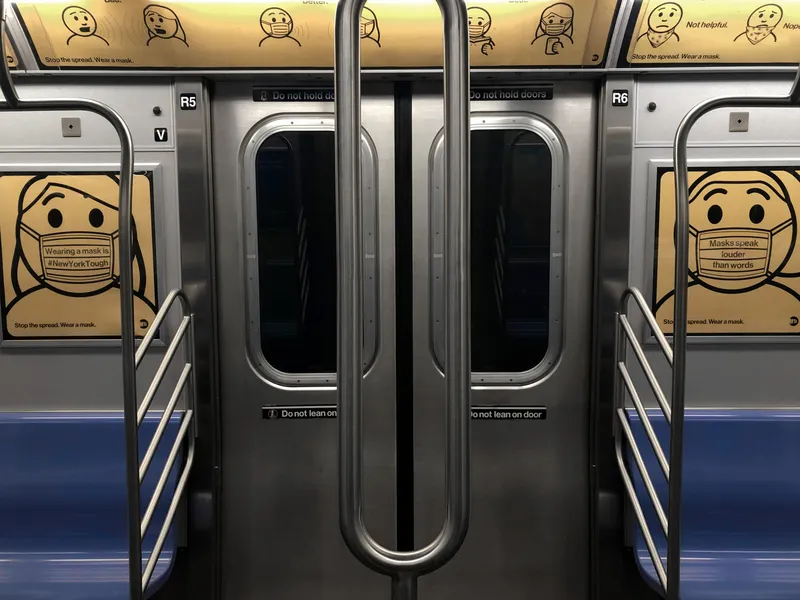
There is also a human cost, of course, and King did not shy away from talking about the estimated 37,000 people – “friends, neighbours, colleagues, family members” – killed on US roads in 2017. This is why the prospect of automated vehicles (AV) was so exciting, she continued, painting a picture of various AV scenarios: from families enjoying a trip out, to a businesswoman working on a laptop while the car drives itself, through to commercial truck platoons, driverless campus shuttles – and even pizza robots.
The public needed to have confidence that AVs were safe, obeying traffic laws and avoiding collisions. But she insisted that it is also important people kept their minds open about future mobility options because “we don’t know where it will take us”. King told the audience: “Technology does not stay in its lane.”
As vehicles become increasingly part of a connected ecosystem, important issues of safety and cybersecurity will arise.
She called for “honesty and transparency” within the ITS industry on these – but also pointed out that it was vital to extend the debate beyond the confines of the sector. “It is easy to get lost in the technology,” she concluded. “But the bottom line is people and communities.”









